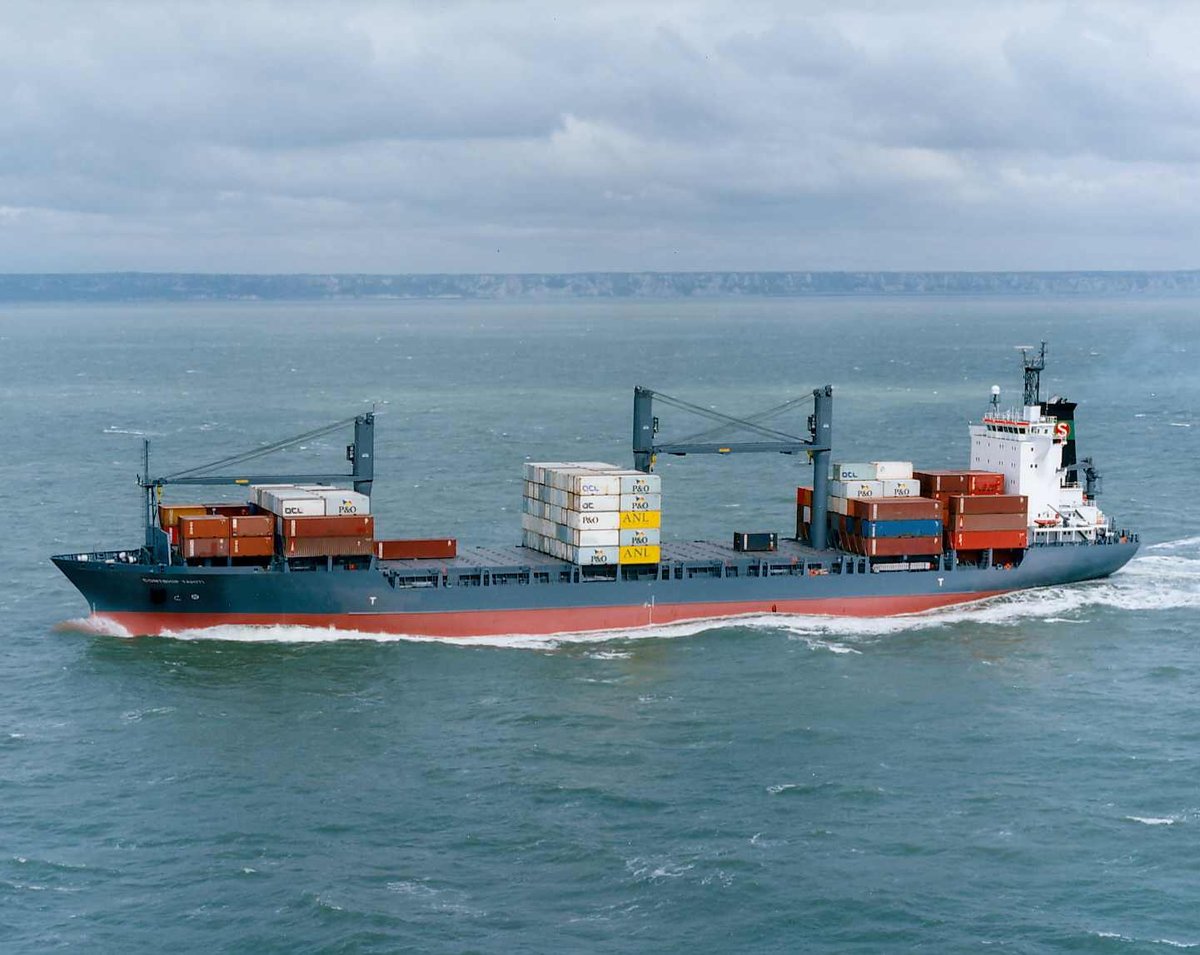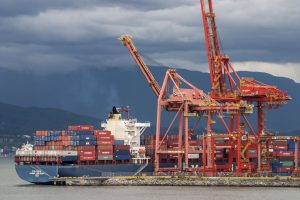
Bulk Cargo vs Container Cargo: Understanding the Key Differences
In the world of international trade and logistics, the transportation of goods plays a crucial role. Two commonly used methods for transporting goods are bulk cargo and container cargo. While both serve the purpose of moving goods from one place to another, there are significant differences between them. In this article, we will explore the distinctions between bulk cargo and container cargo, shedding light on their unique characteristics, advantages, and considerations.
- Definition and Characteristics:
Bulk Cargo:
Bulk cargo refers to unpackaged goods that are loaded directly into the cargo hold of a ship, aircraft, or other transportation vessels. These goods are typically homogeneous in nature, such as grains, coal, ore, and liquids like oil or gas. They are loaded and unloaded using specialized equipment, such as cranes or conveyor belts. Bulk cargo is measured in weight or volume and is transported without individual packaging or containers.
Container Cargo:
Container cargo, on the other hand, involves the transportation of goods packed in standardized containers. These containers come in various sizes, such as 20-foot or 40-foot long containers, and are designed to fit seamlessly onto different modes of transportation, including ships, trucks, and trains. Container cargo can include a wide range of goods, from consumer products and electronics to machinery and perishable items. The use of containers provides ease of handling, protection, and efficient loading and unloading processes.
- Handling and Transportation:
Bulk Cargo:
Handling bulk cargo requires specialized equipment and infrastructure. Loading and unloading bulk cargo often involve the use of heavy machinery, such as cranes or grabs, to transfer the goods between the vessel and the storage facility. The transportation of bulk cargo is typically done in large quantities, with the goods being poured or pumped directly into the cargo hold. This method is cost-effective for transporting large volumes of homogeneous goods.
Container Cargo:
Container cargo offers a more standardized and efficient approach to handling and transportation. Goods packed in containers can be easily loaded and unloaded using container handling equipment, such as forklifts or cranes. Containers can be sealed and secured, providing protection against theft, damage, and adverse weather conditions. The use of containers also enables the intermodal transportation of goods, as containers can be seamlessly transferred between different modes of transportation without the need for repackaging.
- Flexibility and Versatility:
Bulk Cargo:
Bulk cargo transportation is best suited for goods that do not require individual packaging or protection. It is commonly used for commodities like grains, minerals, and liquids. However, the lack of packaging means that bulk cargo is more susceptible to contamination, spoilage, and damage during transportation. Additionally, the handling and storage of bulk cargo require specialized facilities and infrastructure, limiting its flexibility in terms of transportation routes.
Container Cargo:
Container cargo offers greater flexibility and versatility. The use of standardized containers allows for efficient handling, storage, and transportation of a wide range of goods. Containers can be easily transferred between different modes of transportation, enabling seamless movement across various geographical locations. The use of containers also facilitates multimodal transportation, where goods can be transported by a combination of ships, trucks, and trains, providing more options and flexibility for logistics planning.
Conclusion:
In conclusion, the difference between bulk cargo and container cargo lies in their packaging, handling methods, and transportation flexibility. Bulk cargo involves the transportation of unpackaged goods in large quantities, while container cargo utilizes standardized containers for efficient handling and protection. Understanding these differences is crucial for businesses involved in international trade and logistics, as it helps optimize transportation strategies and ensure the safe and timely delivery of goods.


Average Rating